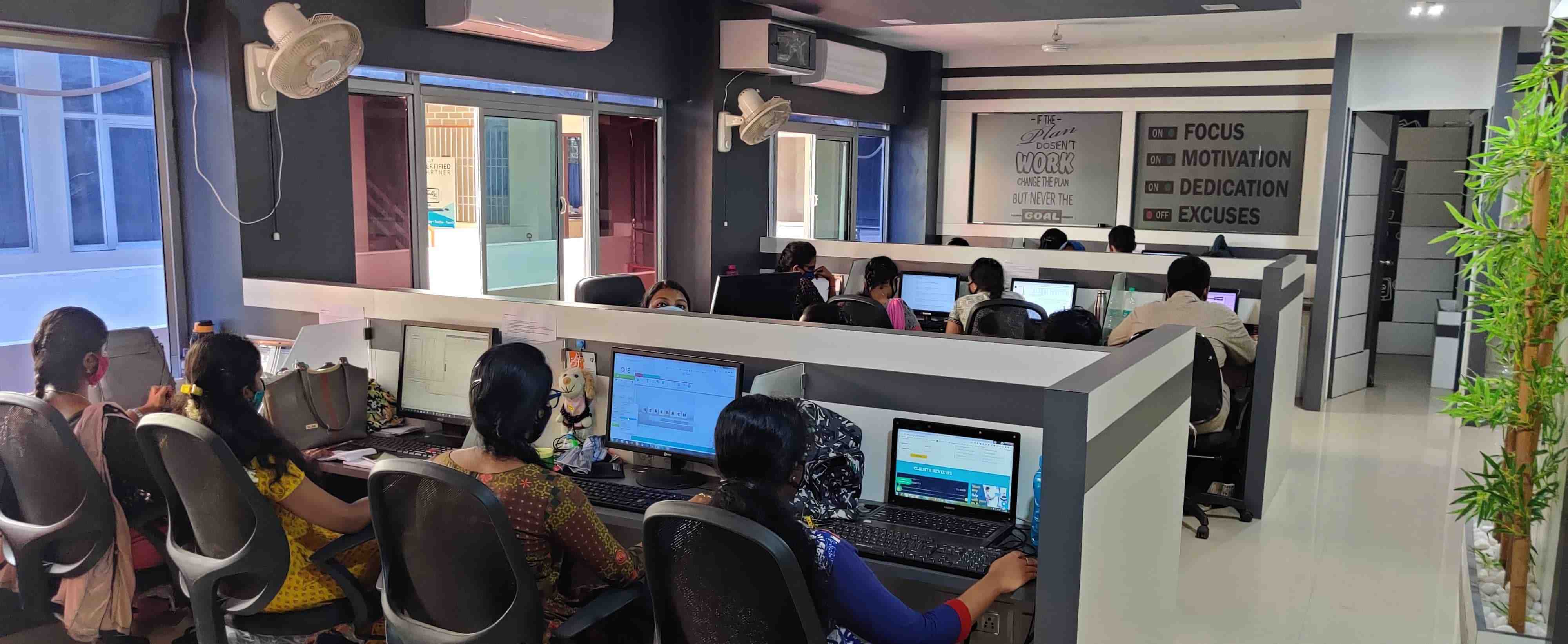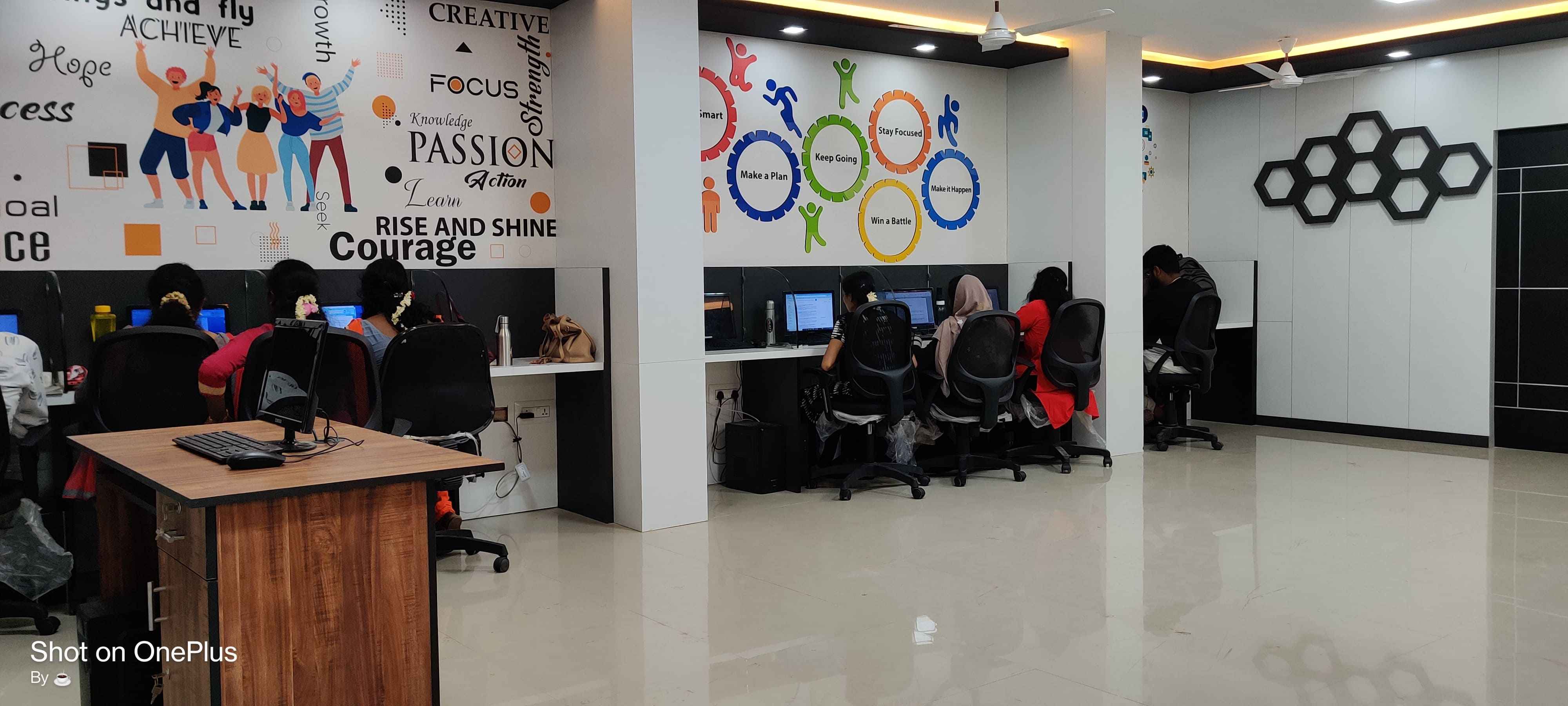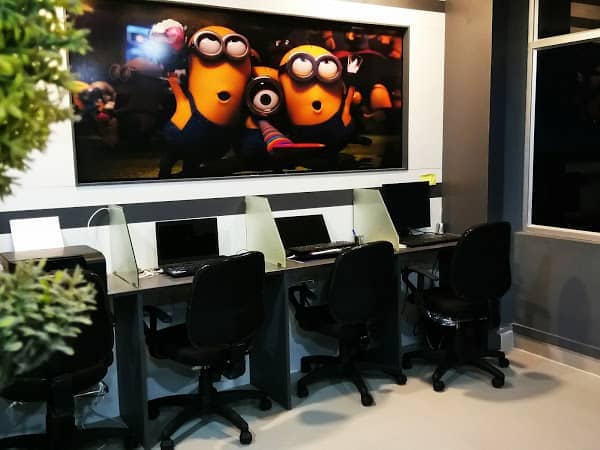Our Initial Phase Services
- PhD entrance examination details
- PhD admission help
- PhD Topic selection
- PhD guide selection
You can maximize your PhD research potential with industry-specific experts. We assist you in each and every part of your research work. We guide you from the beginning such as PhD admission 2024- 2025 guidance & counseling, PhD degree duration, scholarship, PhD degree requirements in India, PhD entrance exam 2024, PhD guideship, Research proposal writing , Review paper writing, Research paper writing ,Paper publication , Editing support , Implementation help, PhD viva support, and PhD guideship process. We help PhD research scholars from any research domain and research topic.
We have successfully completed more than 300+ projects in this academic year under PhD in Computer Science, Management, Law, Medicine, Engineering, Science, Technology, Mathematics, Education, Commerce, and more. If you are still getting confused about “ How to get a PhD degree in India? ” then you can talk with our team HIGS by dialing +918681018401 .
We possess only a client-centric approach. We emphasize the commitment to meet client needs. We deliver tailor-made solutions for all your research works.
Commitment to staying ahead of novel research trends and incorporating new research techniques among PhD scholars.


HIGS- the best PhD assistance company that guides you from scratch to the end. We stand with you in writing, editing, implementation, publication, and more. You can hire our experienced & expert writers under your subject area.
At HIGS, we cater to the diverse needs of doctoral candidates, assisting clients all across India. With our extensive network of 250+ domain experts, we provide the best PhD assistance services from every corner of the country.


All the specialists who wish to work with us pass several examinations and several interview sessions. So each one is peculiar in their talent and creativity. Everyone on our team is well-experienced and vigorously trained.

We never disclose your personal information to any third-party people. All phone numbers and emails are only used for communicating and delivering papers to our customers. The person sitting next to you may be our client, so we never disclose the details to anyone.

We create original and plagiarism-free research documents. We adopt the text needed for your document based on your university requirements. We assure you that we never sell any pre-written works.We use Turnitin plagiarism-check to verify that your paper has the lowest plagiarism percentage.

We assure you that we give a 100% satisfaction guarantee for our clients. Each and every service we provide to you will have the highest level of satisfaction. In case, you are not satisfied with our work, we work on your project even more better until you get 100% satisfaction.
1,00,000+ satisfied clients, Rated 4.9/5, and based on overall 500+ reviews.

We provide the best PhD assistance & guidance for all domain areas. Our team serves across various research domains such as Engineering, Technology, Management, Medicine, Arts, Literature, Science, and more. Here we give detailed descriptions of the domain areas that we serve.
Engineering is completely based on the principles of scientific research. Here, we do your research work with the help of experts in Engineering. We are studying the following research topics in engineering. They are,
As the best PhD guidance & assistance in India, we provide guides or mentors based on your subject category. Here, we have listed out some of the frequently engaging research topics in Science.
HIGS teamed up with professionals who can handle all your projects with ease & high range of professionalism. We frequently undertake research on the following topics: They are
Experts in the field of arts will help you craft your excellent Art research document. Here we have included several research topics under the Arts discipline. They are,
We have a team of experts who possess sound knowledge in the field of management and have the necessary skills to handle all your challenging management-related PhD projects. Here, we have given our frequent Management research topics.
Our experts in the medical field are experts from various healthcare backgrounds. They only refer to published and verified articles to provide professional guidance in PhD research. Our research topics in medicine include,

Our highly talented research experts will meet all your specifications and put their best efforts into writing. We guarantee that your work is original and has the very lowest percentage of plagiarism. At HIGS, we do our in-depth research very proficiently and quickly. Our professional team can provide the best PhD services with the greatest level of competence through a systematic, and well-structured approach.

Just have a glance at our few photographs Most exciting working environment ! Busiest buddies ! Friendly environment ! And what’s more? Here we introduce our busiest environment for your look.Our team at HIGS is dedicated, professional, motivated, and inspired in all our research works.
The past many years will say only about the stories of our success with a demonstrated track record of reviews.

University Registration, Topic Selection, Research Proposal, Paper Writing, Thesis Writing, Synopsis Writing, Publication.

Our team runs with the greatest vision of providing 100% satisfaction and high quality to our clients around the world.

Just grab your Best services from the hands of experts. 150+ domain experts are here!

Get more benefits and advantages from us. Get the most professional outputs! End-to-End research assistance

HIGS, always committed to authenticity and curiosity!

We can enable to write a winning research proposal for any project.

We provide A-Z research services for our clients. We stand with you from the PhD admission process to the Guideship process. Our services include a common consultation process, writing services, editing services, proofreading services, implementation services, and publication services.
We are here to help you with the fast delivery of your research paper or thesis. Visit here
I need my paper fast!